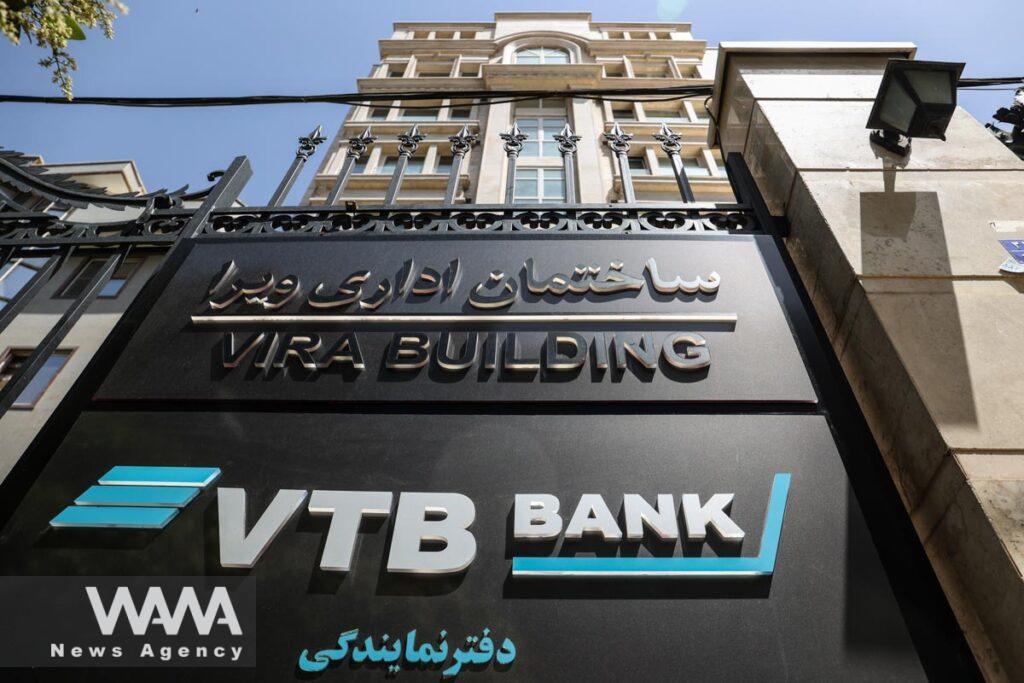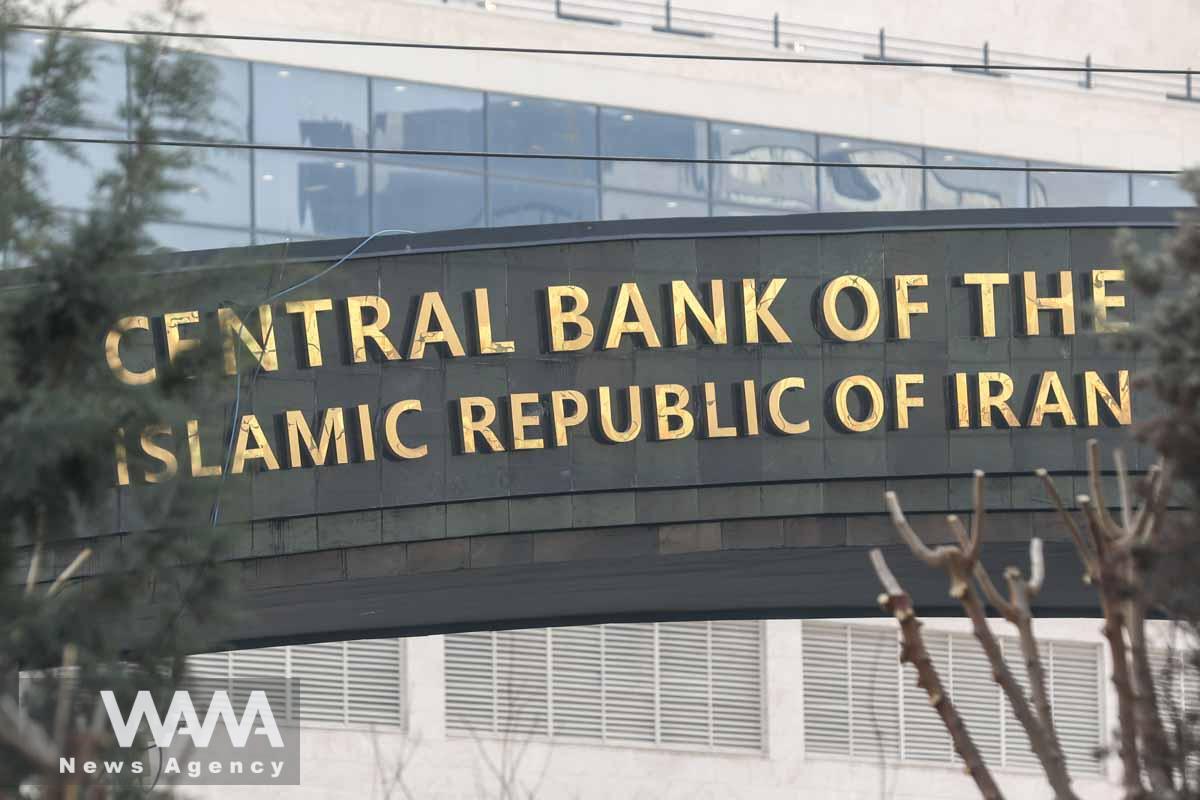Iran Takes Further Steps to Distance Itself from the US Dollar
WANA (SEP 09) – The head of the Central Bank of Iran announced today that the dollar will soon be removed from tourism exchanges with the region’s countries.
Last week, over four million Iranian citizens embarked on a journey to Iraq to partake in the Arbaeen ceremony. This year’s noteworthy is that, for the first time, the Iranian government provided Iraqi Dinars to all four million travelers instead of dollars.
This strategic move has reduced the demand for dollars in the Tehran market, or at the very least, it has prevented the sharp price increase witnessed in previous years. Most of the major Iranian banks across the country managed to secure the satisfaction of Iranians by instantly providing Dinars. Most importantly, it has brought the Iranian government one step closer to realizing its policy of “eliminating the dollar from non-commercial and tourist transactions.”
Dr. Farzin, the Head of the Central Bank, expressed that they are exploring the possibility of extending the use of the local currency to other countries in the region.
Iran typically conducts its commodity transactions with other nations using the Euro, Dirham, Yuan, Ruble, Rupee, and Dinar. However, regarding tourism and non-commercial transactions, the dominant currencies have traditionally been the Euro and the Dollar. Nevertheless, the practical application of “eliminating the dollar from non-commercial and tourism transactions” was successfully demonstrated for the first time in Iran during this year’s Arbaeen pilgrimage.
Since the subsiding of the COVID-19 pandemic in Iran and the surrounding region, the number of Iranians traveling abroad has surged. Turkey, Iraq, and the UAE remain the primary destinations for Iranian tourists. According to the statistics from the Iranian Ministry of Tourism, over one million Iranians traveled abroad during the Iranian New Year holidays in March 2023.
Suppose Iran can provide the local currency of the destination country instead of dollars to leisure travelers. In that case, it will effectively deal another blow to the dominance of the US dollar—a development that is unlikely to sit well with Washington.

The logo of VTB bank is seen on the bank’s headquarters in Tehran, Iran, May 23, 2023. Majid Asgaripour/WANA (West Asia News Agency)
Iran’s Foreign Exchange Policy for the Coming Years
Iran’s long-standing reliance on the US dollar has subjected its economy to severe fluctuations due to shifts in the exchange rate and heightened the impact of American sanctions. Since many of Iran’s currency exchanges involve dollars, the country faces substantial challenges during currency crises and significant currency fluctuations.
The removal of the dollar from the nation’s banking and commercial systems is Tehran’s paramount plan to achieve the objectives of a resistance economy.
In 2016, Iran’s Supreme Leader, Ayatollah Khamenei, called for the de-dollarization of the Iranian economy in a speech. He stated, “If our authorities and people can genuinely embrace the principles of a resistance economy, liberate the nation from the financial and monetary influence of the enemy, and diminish the importance of the dollar in our economic life, they will not only save our country but also serve as an example to others.”
The goal of reducing the dollar’s impact on the Iranian economy was a vision pursued for years by Iran’s Supreme leader. Initially perceived as challenging, Tehran remained resolute in its commitment, and the new government under President Ebrahim Raisi has made strides in its implementation.
Iranians expect the economic men of their country to eliminate exchange rate fluctuations to create financial stability. Iran’s economic experts believe that to reduce the dollar’s effect on the economy, the demand for dollars in the country should be shifted to other currencies.
Tehran’s economic decision-makers believe that eliminating the dollar from trade exchanges could make Iran less dependent on American approvals in global economic dealings, weaken the effectiveness of financial sanctions, and reduce America’s leverage in international political equations. Directing the proceeds from oil sales into the country and enhancing Iran’s negotiating power in global interactions makes it possible to manage exchange rates more effectively.
Under President Raisi’s administration, Iran has pursued bilateral or multilateral agreements with other nations to remove the dollar from Iran’s economy and currency exchanges. Membership in organizations such as the Shanghai Cooperation Organization and BRICS, alongside informal monetary agreements like the Ruble-Rial agreement with Russia and the Yuan-Rial deal with China, are part of a conservative government’s strategy to address Iran’s currency-related economic challenges.
The effort to eliminate or neutralize the dollar’s influence in global trade is not new. However, it has gained momentum recently in some countries. Countries’ mistrust of America, bankrupt economy, and Washington’s habit of imposing sanctions on other countries are among the reasons for eliminating or neutralizing the dollar’s influence in countries’ trade.
WANA / Writing by R,Ganji. S, Khezri contributed.












